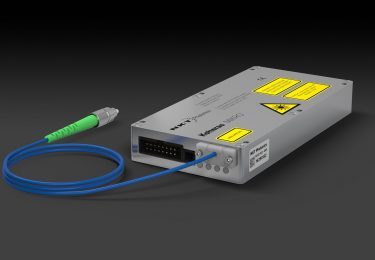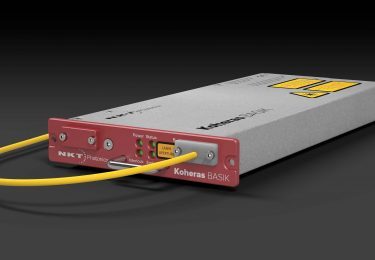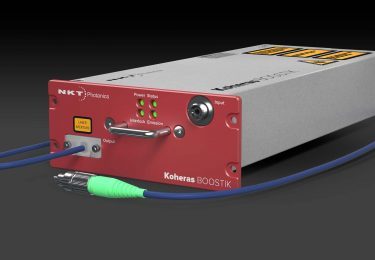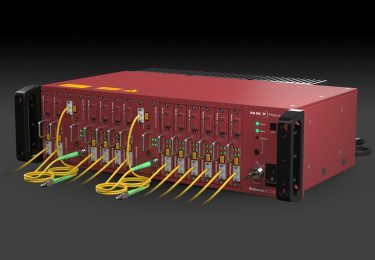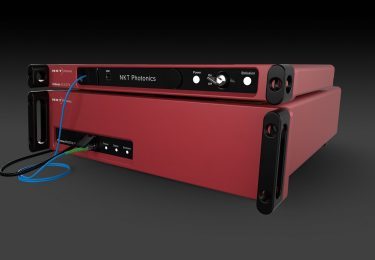Advantages of Koheras lasers for PDV
Robust and industrial
Koheras lasers offer ultra-low noise, narrow linewidth, and high-frequency stability in a rugged industrial fiber format that is equally suited for field installations and laboratory work.
The lasers are alignment- and maintenance-free with a lifetime of thousands of hours ensuring your PDV setup is ready when you need it.
One system with multiple channels
PDV often requires multiple lasers in one setup. Our ACOUSTIK multi-laser system can integrate up to 16 single-frequency lasers in a single unit. The lasers can be individually controlled and their wavelength is chosen freely in our offered wavelength range. All lasers are powered through the rack and are controlled through a common interface. The system can be fitted with multiplexers and splitters for maximum channel freedom and the individual laser channels can be changed by simply replacing the line-card style BASIK laser units.





